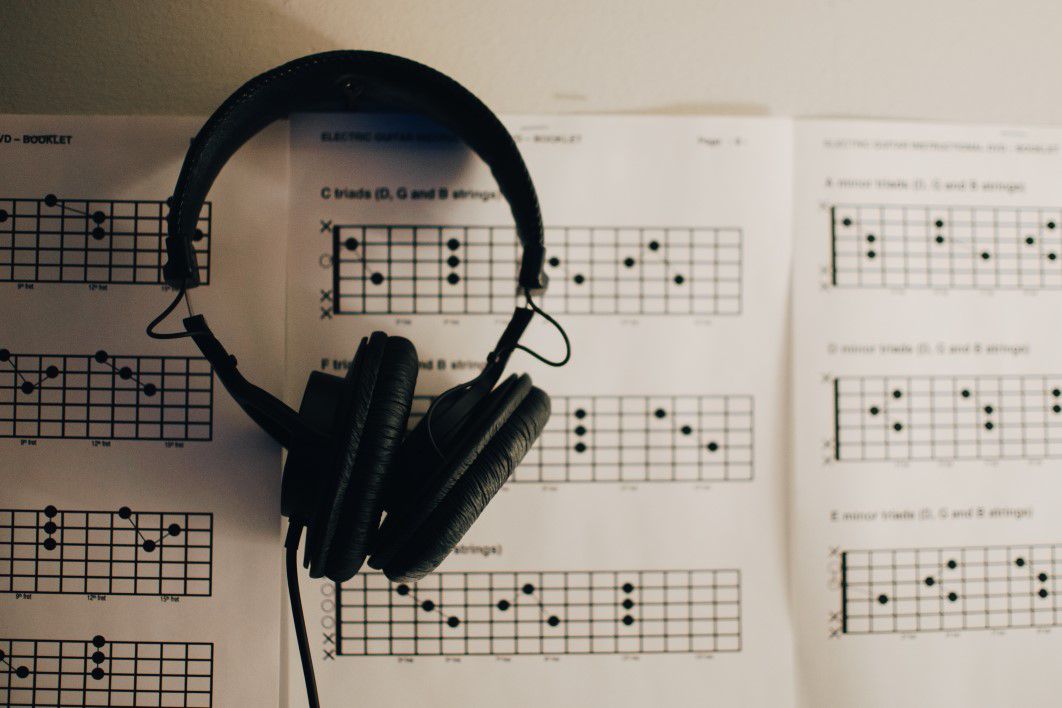

On July 25, 2025, TikTok implemented sweeping changes to its Music Terms of Service that fundamentally reshaped how brands can use audio on the platform[1][4]. Yet six months later, companies continue to make the same critical mistakes—errors that have already cost brands like DSW Designer Shoe Warehouse and Crumbl Cookies millions in copyright infringement lawsuits[98][99].
The most persistent myth plaguing brand marketing teams is the belief that music available on TikTok can be used freely across all platforms. This misconception stems from a fundamental misunderstanding of how TikTok's Commercial Music Library actually works[3].
When brands license tracks from TikTok's CML, those rights extend only to content published on TikTok itself. The moment that same video is downloaded and uploaded to Instagram Reels, YouTube Shorts, or Facebook, it becomes an unlicensed use—regardless of whether the audio was pre-cleared on the original platform[3][7]. Each social media platform maintains separate licensing agreements with music publishers and record labels, creating a fragmented landscape where compliance on one platform offers zero protection on another[129].
Warner Music Group's lawsuit against DSW illustrates this trap perfectly. The footwear retailer allegedly used popular songs in TikTok content, then cross-posted the same videos to Instagram—a practice that transformed legally compliant TikTok posts into copyright violations the moment they appeared on Meta's platforms[98][107].
Many brands fail to recognize that switching to a TikTok Business Account fundamentally changes which music they can access. Personal creator accounts enjoy access to TikTok's full music catalog of over one million tracks, thanks to blanket licensing deals with major labels[2][6]. Business accounts, however, are restricted exclusively to the Commercial Music Library—and that library contains only a subset of trending sounds[2][13].
This restriction isn't a bug; it's by design. The licensing agreements TikTok holds for its general music library explicitly exclude commercial use[10]. When a brand account attempts to use non-CML audio, TikTok may display a "Music Usage Confirmation" prompt requiring users to certify they own all rights to the music[2][10]. Checking this box without proper licensing creates a paper trail of willful infringement—the exact evidence music publishers need to seek maximum statutory damages of $150,000 per track[98].
Some brands have discovered a workaround: uploading copyrighted music as "original sound" rather than selecting it from TikTok's library. Sony Music's August 2025 lawsuit against DSW explicitly addresses this tactic, noting that the company "posted all the Infringing Posts to TikTok after August 2020, apparently by falsely representing either that the Infringing Posts contained no copyrighted sound recordings or that DSW had obtained all necessary rights"[98].
This approach doesn't bypass copyright law—it compounds the violation. By uploading copyrighted material and representing it as original or properly licensed, brands expose themselves to claims of willful infringement, which carry significantly higher penalties than inadvertent violations[98][108].
The shift toward creator-led marketing has introduced a new vulnerability that many brands overlook entirely. When companies hire influencers to promote products on TikTok, they often assume the creator bears sole responsibility for music licensing. Multiple lawsuits have proven otherwise[99][113].
Warner Music Group's case against Bang Energy established that brands can be held liable for music used in influencer content when they maintain sufficient control over the creative direction, provide approval rights, or benefit financially from the posts[137]. The courts examine the specific terms of influencer agreements, looking at factors like editorial control, profit-sharing arrangements, and the degree of supervision brands exercise over content creation[137].
Even brands that meticulously select music from TikTok's Commercial Music Library face a less obvious risk: licensing agreements expire[59][129]. A track that was pre-cleared for commercial use today may lose that status tomorrow when label deals are renegotiated or territorial restrictions change[59].
TikTok's August 2020 implementation of Music Usage Confirmation was designed to address this issue, but it also created a false sense of security. Brands assume that if TikTok allows them to post a video, the music must be properly licensed. In reality, the platform's automated systems can't always detect when licensing terms have changed, particularly for music uploaded as "original sound"[98].
Successful navigation of TikTok's commercial music landscape requires a multi-layered approach. First, brands must use only music explicitly labeled for commercial use within the CML, documenting each selection with screenshots and internal logs[13]. Second, they should never cross-post TikTok content to other platforms without removing and replacing the audio track with platform-specific licensed music[129].
For campaigns requiring specific songs outside the CML, brands need direct synchronization licenses from rights holders—a process that typically requires 10-15 business days and explicit permission covering TikTok usage, commercial purposes, and relevant territories[7]. Third-party licensing services like Soundstripe, Epidemic Sound, and Lickd offer pre-cleared music with explicit multi-platform commercial rights, though these tracks rarely include trending mainstream hits[20][62].
The most critical shift brands must make is treating social media music licensing with the same rigor traditionally applied to television commercials or radio spots. The informal, fast-paced nature of social content has created a dangerous illusion that copyright law doesn't apply with equal force. Recent lawsuits have shattered that myth. As Sony Music's actions against DSW, Marriott, and the University of Southern California demonstrate, major labels are actively monitoring brand social media accounts and pursuing maximum statutory damages[98][101][108].
TikTok's 2025 Commercial Music Library offers brands a genuine path to legal compliance—but only if they understand its limitations. The library provides pre-cleared tracks for use on TikTok exclusively, requires careful documentation, and offers zero protection for cross-platform distribution. Brands that grasp these boundaries can leverage the CML effectively. Those that don't will continue learning expensive lessons in federal court.
From general questions to potential IP misuse, choose the option that best fits your case.
Our team will review your submission and get back to you as soon as possible.